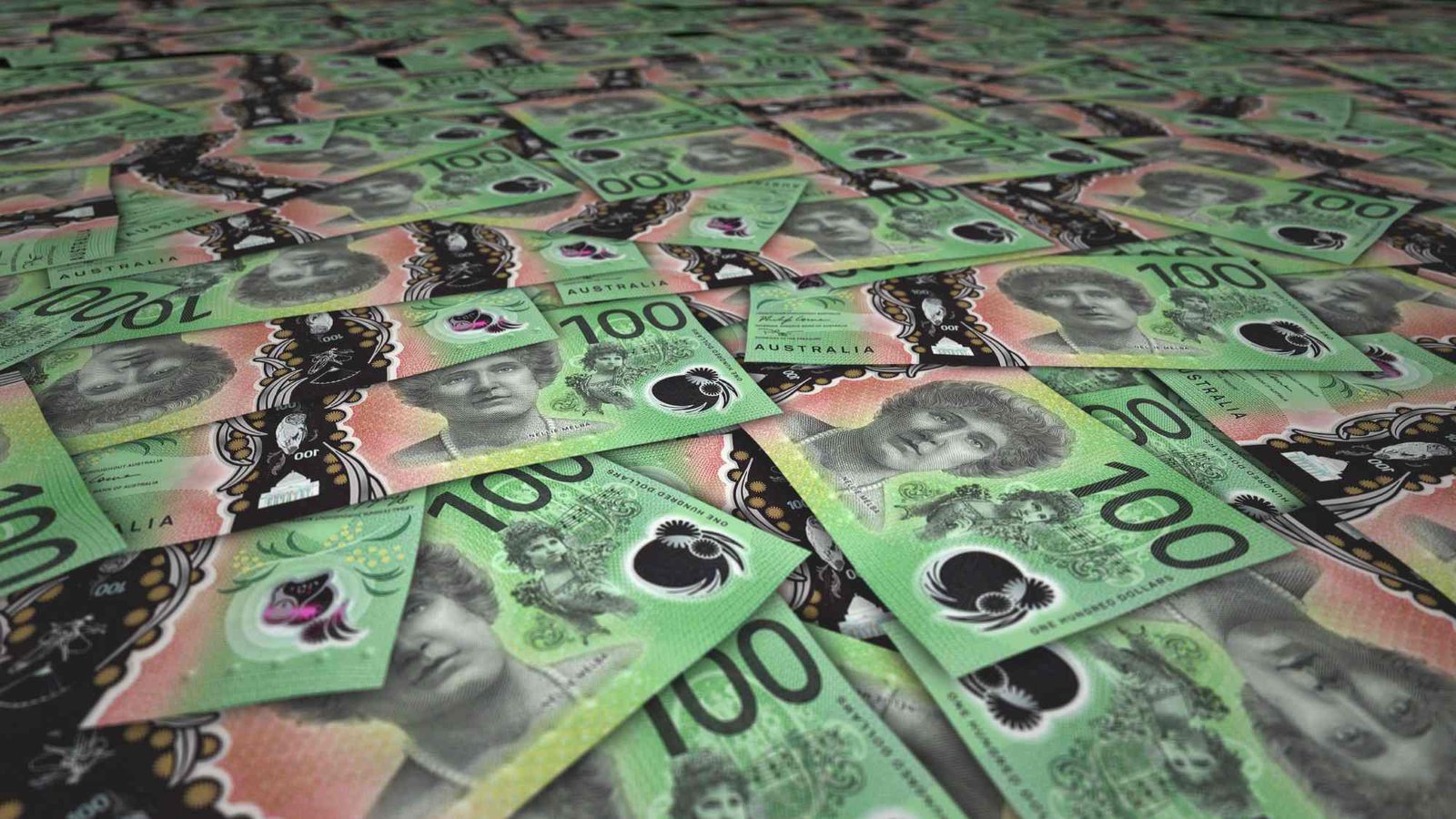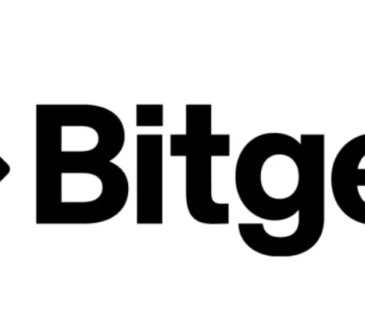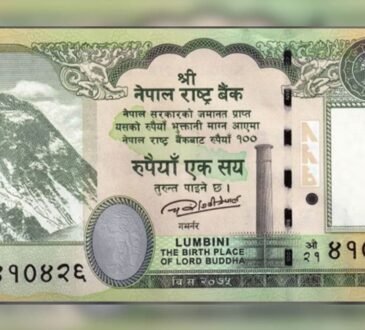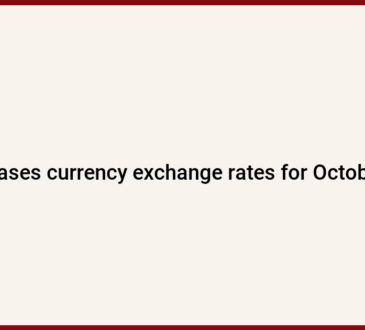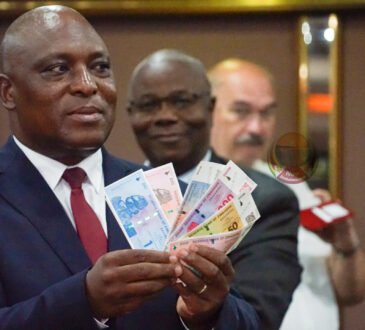With Betashares and Global X both launching hedged versions of their ETFs in recent weeks, why should investors consider a hedged ETF?
In July, Betashares launched a currency hedged version of its S&P 500 Equal Weight ETF, while Global X launched a version for its FANG+ ETF.
Betashares chief executive Alex Vynokur said: “As a result of the launch, investors will be able to obtain currency hedged exposure to an equally weighted version of the S&P 500 Index in their portfolio. [The ETF] expands the range of investment options available that seek to minimise the impact of currency fluctuations on investment performance.”
Currency hedged ETFs work by using FX forward contracts to limit the effect of currency fluctuations on an end investor’s home currency. FX hedging usually occurs at the last business day of the month and any gains or losses during the period are offset by the portfolio management team to ensure local investors’ returns are representative of a hedged exposure.
In a note, Global X explained the benefits for investors opting for a currency hedged version.
Investment analyst Justin Lin said: “Investors may want to consider tactical currency hedging when they expect significant fluctuations in exchange rates that could impact their returns. For example, if interest rates are rising in their home country but decreasing or unchanged in the country where they hold investments. In this scenario, the home currency may appreciate, reducing the value of their foreign investments.
“Similarly, differences in inflation rates can also affect currency values; if inflation is higher in the country of the foreign investment, the local currency might weaken, diminishing returns.”
Looking at the US dollar and the Australian dollar, the US dollar is traditionally known as a “hard currency”, which is able to hold and appreciate in value relative to their currency pair. But there have been times when the Aussie dollar is the hard one of the pair.
“During these stretches of AUD dominance, currency hedging would have been invaluable in defending investment value. That being said, we generally consider AUD currency hedged (equity) ETFs as tools for short-term, tactical asset allocation rather than long-term buy and hold,” Lin wrote.
In conclusion, he said: “Currency hedging is especially useful in times of varying interest rates and economic conditions across countries. While it is important to distinguish between short-term hedging and long-term strategies, incorporating currency hedging can lead to more predictable and potentially improved returns, making it a key part of a well-rounded investment approach.”

